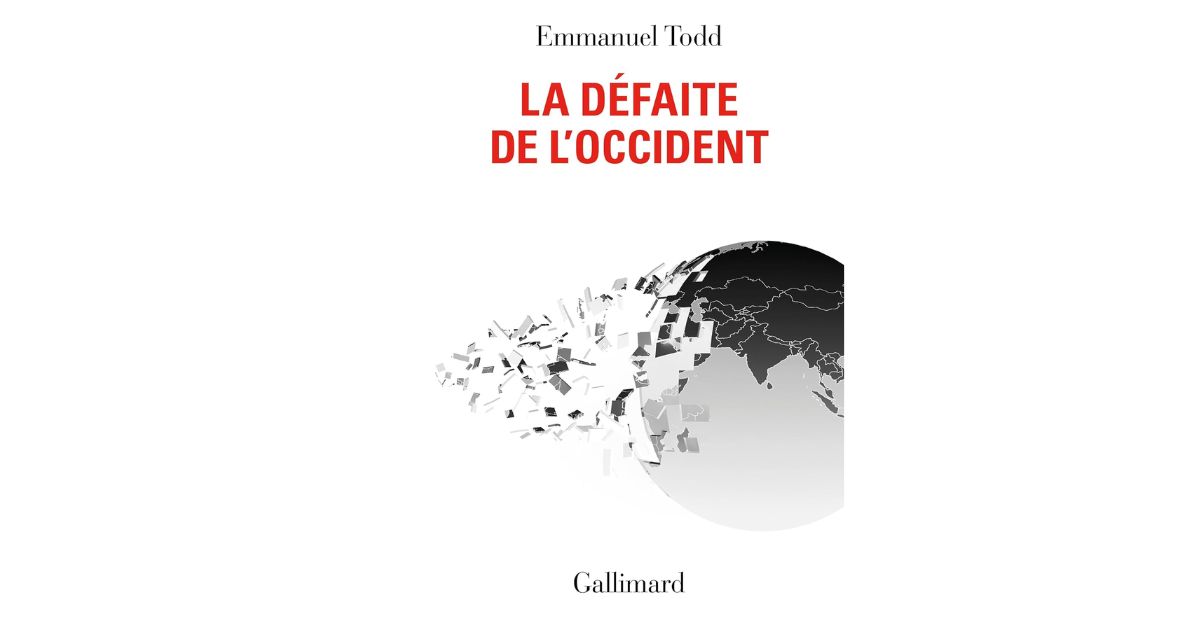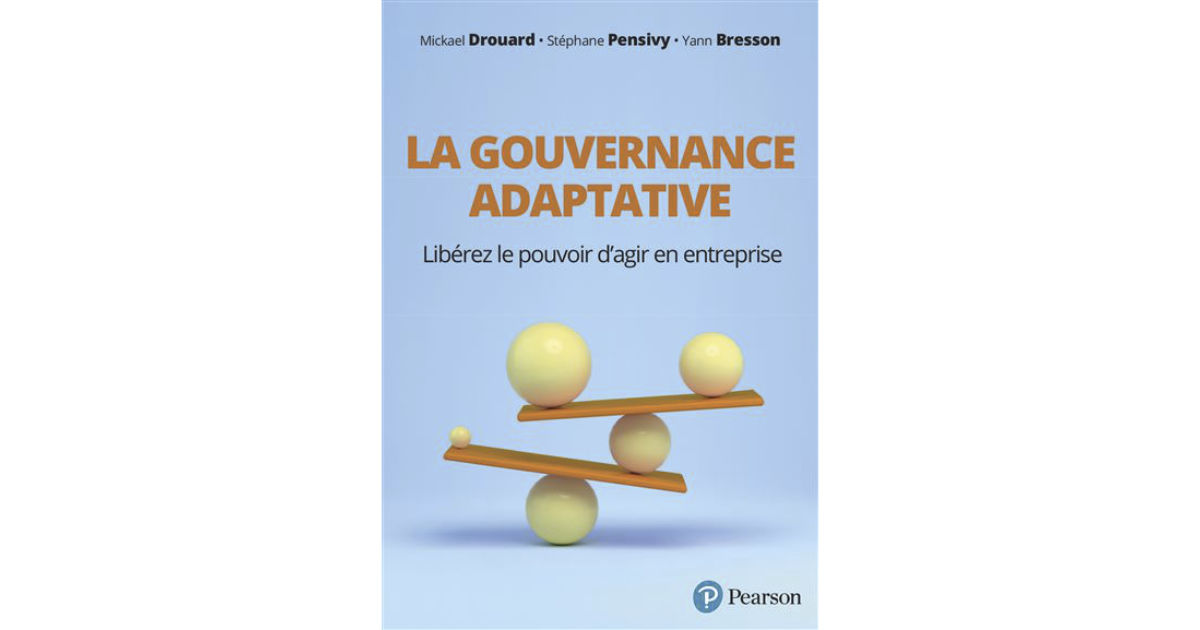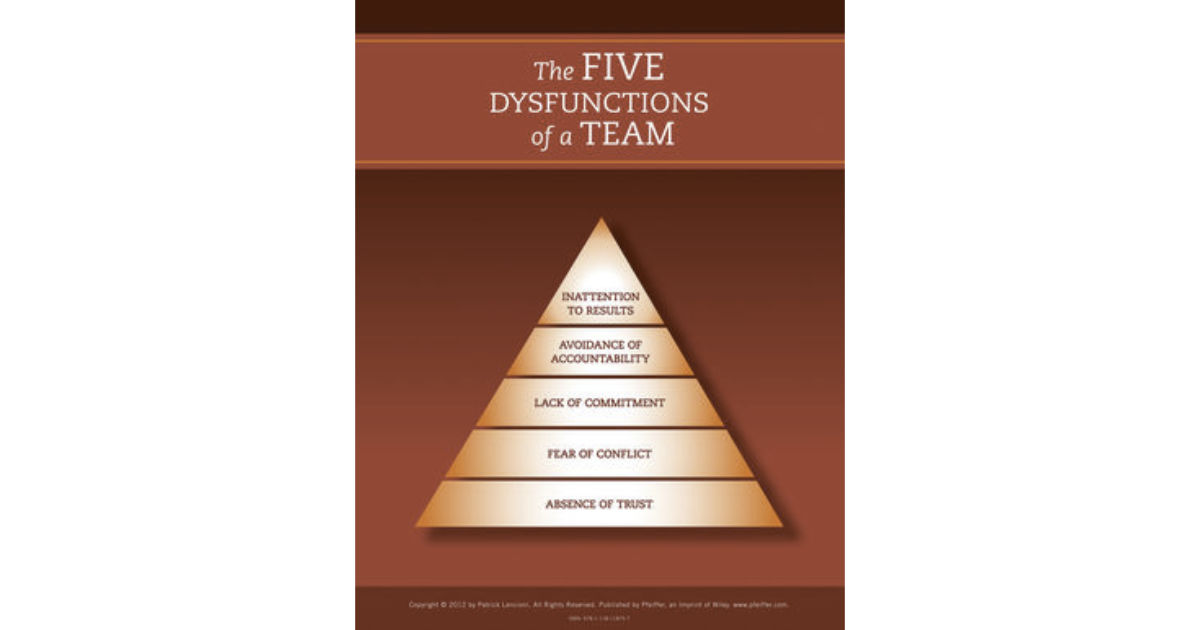Sociological, economic, social and environmental factors are influencing our relationship with work and the way it functions. Human resources management in companies must take into account the needs arising from these upheavals. In order to respond to these changes and deal with the skills shortage, HR is adopting a position of strategic and cultural influence within the company, over and above its traditional role of setting up structures and processes to manage human resources on a mass scale.
Based on their experiences within major French groups, the authors have the merit of formalising certain emerging good practices through 30 recipes (that’s a lot, and the essence of the message is a little lost). In view of the economic, environmental and social challenges, we regret that there is not more investigations and paradigm shifts propositions, particularly with regard to forms of work, performance management, work organisation and inclusion. Let’s hope that our companies will have come a long way in terms of human management by 2030!
“Capitalizing fully on the human factor in 2030 means abandoning the universalist approach to HR which assumes that there is only one best practice to be deployed in every HR area, whatever the company and whatever its challenges.”






























